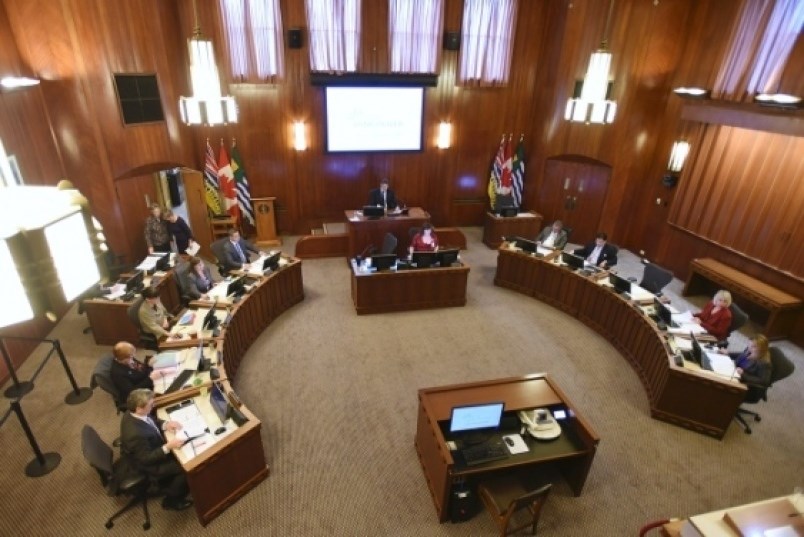Because nothing says summer like reading about campaign finance reform, I give you my third piece in as many weeks on a topic that is surely to keep you fuming – or laughing or yawning, if this kind of stuff doesn’t bother you -- until the next civic election in October 2018.
I’ll begin with a question before I get to the answer.
Did you know that despite politicians and their parties receiving sums of money from individuals, unions, corporations, developers and even pot shops, that they can still go ahead and vote on matters related to their financial backers?
Of course you did.
That’s because you’ve watched it happen at city hall and because you’ve been a regular reader of the stories I’ve written about potential conflict-of-interest between civic politicians and their donors. Apparently, such a conflict doesn’t exist, according to court rulings and politicians themselves.
As NPA Coun. Elizabeth Ball once said at a council meeting, “most of us don’t have a clue who donated to either our party or to ourselves because that is not interesting. What’s interesting is the work we do.”
Groan, if you want to.
A court decision out of Nanaimo that was delivered several years ago is often cited when I go asking about conflict. That’s the case where Nanaimo city councillor William Frederick King voted in favour of a construction contract to an associate of King’s biggest financial backer, a mall developer.
The judge ruled there was no evidence of “direct pecuniary interest in the sense that he agreed to vote for these projects in return for their campaign contribution.” An appeal court judge later ruled “it would not be useful to speculate as to what circumstances could create an indirect pecuniary interest.”
That was not good enough for the Independent Elections Task Force, which brought its report to council earlier this year and said something has to be done to erase this real or perceived conflict-of-interest. Amend the city’s Code of Conduct, they said, and require elected officials to withdraw from decisions involving financial backers.
City staff went away for several months and studied this recommendation. They came back a couple of weeks ago with their assessment, providing four broad reasons why such an amendment to the Code wouldn’t work.
The first reason: The Code is a city policy adopted for the purposes of “good governance” but is not enforceable in court. Also, the city clerk has no legal authority under the Vancouver Charter to enforce the policy.
And this: “Political donations to candidates are also not considered to create a conflict of interest under the detailed regulations regarding conflict of interest already found in the Vancouver Charter.”
Second: The Code only applies to council members and doesn’t include park board commissioners or school trustees. Also, the Code doesn’t apply to candidates running in a civic election.
Third: There may be scenarios where minimum council voting requirements would be lost if a majority of councillors have a conflict of interest over a particular submission, or matter. Examples include voting on a grant request, leasing arrangement, real estate sale and purchase and rezoning applications.
Fourth: “Staff have concerns about how effective the proposed restrictions would be in limiting corporate and union donations as there is a possibility corporations and unions may attempt to circumvent these restrictions by making donations through third-party intermediaries.”
In other words, get the provincial government to sort this out for all municipalities so the rules are clear and city staff doesn’t have to waste time exploring options that ultimately lead back to Victoria. That’s been the refrain from council for years, no matter what the political stripe.
Both the NDP and Greens say they are committed to getting rid of big money at the local level. But the legislature will not sit until September. Any changes would have to be introduced at that time to be in place for the 2018 civic vote.
Geoff Meggs, the former councillor-turned-chief-of-staff to NDP premier-designate John Horgan, knows that better than anyone else. So over to you Meggs, Horgan and your Green wingman, Andrew Weaver.
@Howellings



